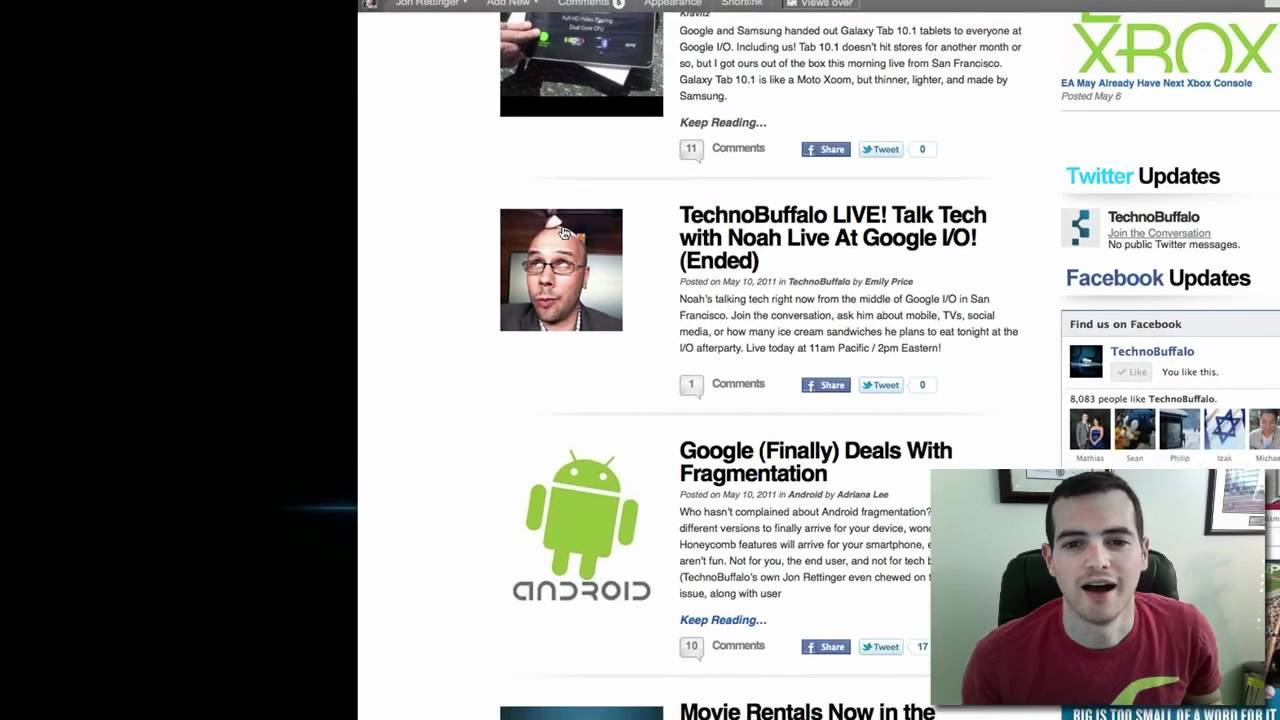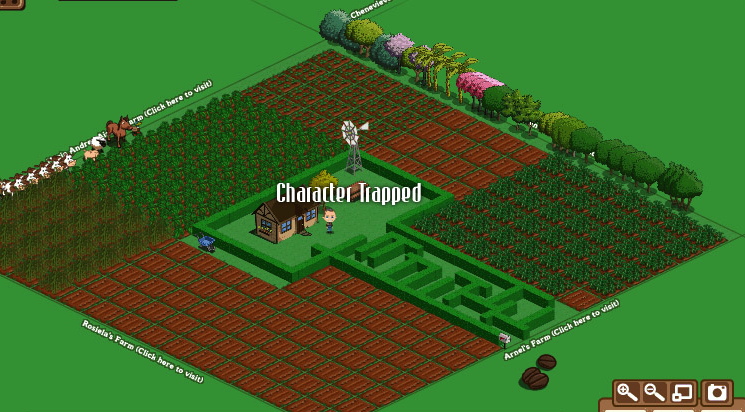If you want to hear the bright side of a company, you ask the CEO. If you want to hear the challenges, you ask the COO (unless the company is failing, in which case you ask the CFO).
If you want to hear the truth, you talk to the CTO.
That’s exactly what the BBC did last week when they asked their customary three questions of Facebook’s Chief Technology Officer Bret Taylor. His reply was not only telling, but very likely a major revelation about where Facebook (and more importantly, people developing on the Facebook platform) is going in the very near future.
What’s the Next Big Tech Thing in Your Industry?
Let’s put the awkward wording of their question behind us. The answer is where the juice is. We’ve put the entire answer to the question below, but we’ve put in bold the key points for those who like to scan:
Facebook is both a destination site that people visit every day and interact with their friends, and also a platform on which a lot of different companies build social technology into their applications.
So everything from local review sites like Yelp to games companies like Zynga, who make socially-enabled games, use Facebook
We’ve seen the Facebook platform really take off in the gaming industry. Zynga for example is a company based in San Francisco. It currently has a market cap that exceeds that of Electronic Arts, which was the incumbent game company before Zynga.
The company is completely defined by social gaming – games that you play with your friends. All of their games are Facebook-enabled.
This is a really meaningful thing for us, as it really represents the potential of Facebook as a platform.
We haven’t seen tons of other industries as impacted as games by Facebook, and we think that the next big change is seeing the next few industries being disrupted by social platforms in the same way gaming has been.
If we had to guess, it’s probably going to be orientated around media or news, because they are so social. When you watch a television show with your friend, it’s such an engaging social activity.
We think that there’s a next generation of startups that are developing social versions of these applications, where what Zynga is to gaming, they will be to media and news, and we’re really excited about that.
To sum it up, we believe that Facebook is waiting for and/or helping developers create applications on their platform that can combine the speed of Twitter with the vetting-powers of Digg and Reddit and the personal sorting ability of PostPost, keeping people in touch with the news they want to see as well as the news that they should see. Much as CNN iReport and NowPublic have tried, Facebook hopes to use their sheer bulk plus mobile technology to not only aggregate the news, but to be the source where people can report the news.
Getting in the Game
If ever there was a doubt that Facebook could be used as a platform through which developers could make money, Zynga erased it. As Taylor pointed it, they have a higher market cap than Electronic Arts, which means that their potential greatly exceeds the traditional platform and PC gaming industry.
It isn’t that Facebook games are more challenging or complex. They definitely don’t have the graphics or gameplay that their non-social counterparts have. The ability to play with and interact with friends as well as strangers around the world is appealing, but all of that is possible with console and PC games.
What separates Facebook games from every other form is the format – people enjoy simplicity without judgment. They love to get lost in something that requires nothing of them other than time and attention. You don’t have to be a hard-core gamer to be successful in social games. No controller or disk required.
You just play.
And that’s why other industries see Facebook as having so much potential.
The BYOA Mentality
“We’ll bring the people, you bring the apps.”
That’s what Facebook is basically telling everyone, officially and behind the scenes.
The Facebook platform is decent at best. When you have 600 million users, you don’t have to be great. You just have to be good enough. While developers might see it as a simplistic arena with restrictions that they’re not used to, it also represents a “sky’s the limit” platform where nearly anything can be implemented and made workable.
And that’s good enough. As the site approaches a userbase of 10% of the world population, it’s better to be good enough and huge than great and tiny.
From a developer’s perspective, the audience and sheer bulk of cash that can (will) flow through Facebook has the potential to make Facebook development much more profitable than any other form. As they continues to push Facebook eCommerce integration, platform, and eventual business world domination, developers must flock.
Revenue Model (Or Lack Thereof)
The biggest challenge with social news (as every social news site can attest to) is revenue. People are willing to read, participate in, and share the news. They just aren’t willing to pay for it. From an advertising perspective, the time when we’re least likely to click on ads is when we’re getting our news.
This is the most compelling reason why Facebook will eventually win. Twitter and Google are currently the only other players in the same league and neither has the potential that Facebook does – Twitter is smaller and Google has never demonstrated success in social media (see Buzz, Orkut, Wave, Blogger…).
Other sites can do social news better than any of the three (see Reddit or Digg) but they can never have the audience nor the real-time updates that an interactive, ever-updating Facebook has.
As Mathew Ingram at Gigaom pointed out, the race is on.
Facebook will make money, just not from social news. It is not a revenue generator. It’s simply a lock-in. It will be used to keep people locked into the site that already takes up so much of our time. The more time people spend of Facebook, the more embedded their lives will be. The platform isn’t perfect (it really isn’t that great, actually) but as long as the site continues to capture our imaginations through the interactions of our friends, family, games, and apps, Facebook will continue to grow and find new frontiers to dominate.
Social news is their next frontier.







GIPHY App Key not set. Please check settings
One Comment